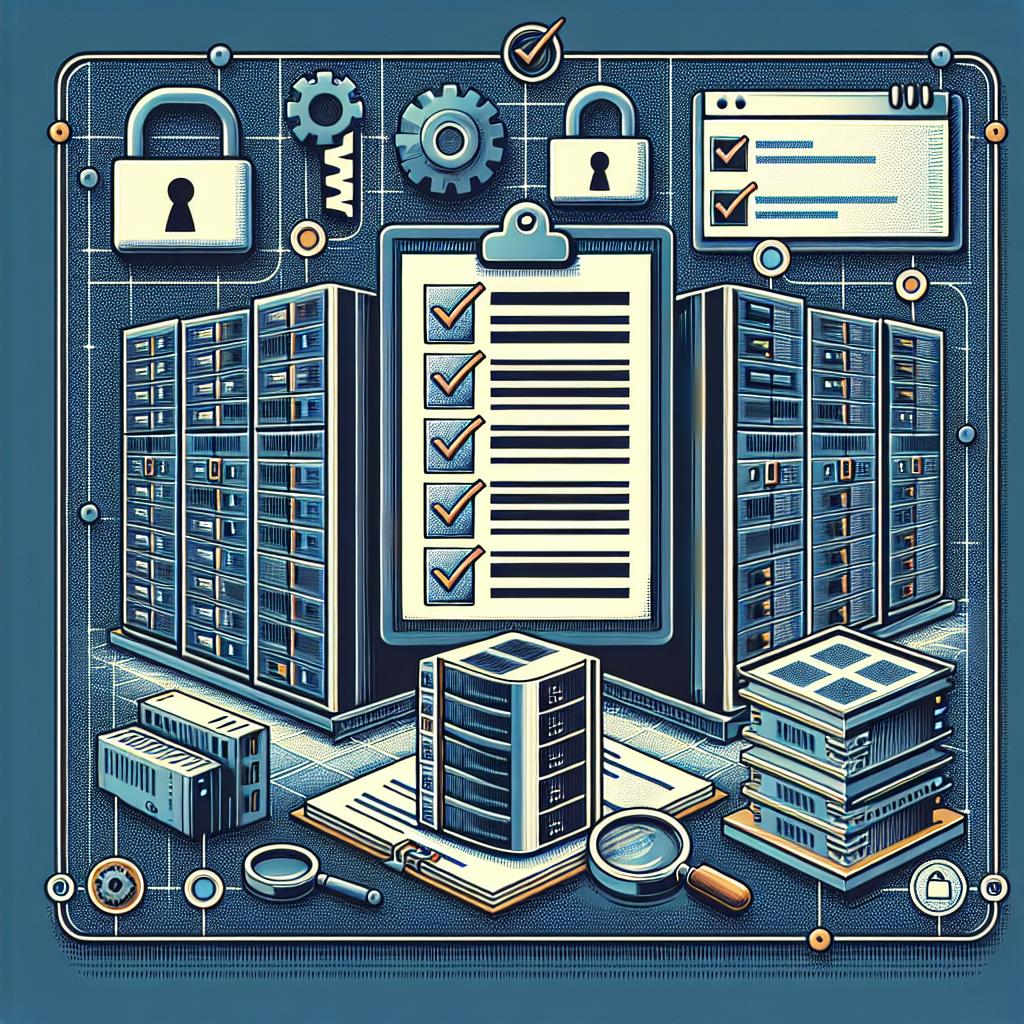Your cart is currently empty!
Understanding Data Center Compliance: Key Regulations and Requirements

Data centers are critical infrastructure that house and process massive amounts of data for organizations. With the rise of data breaches and cyber threats, ensuring data center compliance with regulatory requirements has become more important than ever. Compliance with regulations not only protects sensitive data but also helps organizations build trust with customers and stakeholders.
There are several key regulations and requirements that data centers need to understand and comply with. These regulations vary depending on the industry and location of the data center, but some of the most common ones include:
1. General Data Protection Regulation (GDPR): The GDPR is a European Union regulation that governs the processing and storage of personal data. Data centers that store or process personal data of EU citizens must comply with GDPR requirements, which include data encryption, data breach notification, and data minimization.
2. Health Insurance Portability and Accountability Act (HIPAA): HIPAA is a US regulation that governs the protection of healthcare data. Data centers that store or process healthcare data must comply with HIPAA requirements, which include access controls, data encryption, and regular security audits.
3. Payment Card Industry Data Security Standard (PCI DSS): PCI DSS is a set of security standards designed to protect credit card data. Data centers that store or process credit card data must comply with PCI DSS requirements, which include network security, access controls, and regular security testing.
4. Sarbanes-Oxley Act (SOX): SOX is a US regulation that governs financial reporting and disclosure. Data centers that store financial data must comply with SOX requirements, which include data retention, data security, and audit trails.
5. ISO 27001: ISO 27001 is an international standard for information security management. Data centers that comply with ISO 27001 demonstrate a commitment to implementing and maintaining a robust information security management system.
In addition to these regulations, data centers may also need to comply with industry-specific regulations and requirements. For example, data centers that serve the healthcare industry may need to comply with the Health Information Technology for Economic and Clinical Health (HITECH) Act, while data centers that serve the financial industry may need to comply with the Gramm-Leach-Bliley Act.
To ensure compliance with these regulations, data centers need to implement robust security measures, such as access controls, encryption, and regular security audits. They also need to regularly monitor and update their security practices to adapt to changing threats and regulations.
In conclusion, understanding data center compliance with key regulations and requirements is essential for protecting sensitive data and building trust with customers and stakeholders. By implementing strong security measures and staying up-to-date with regulatory changes, data centers can ensure the security and integrity of the data they store and process.

Leave a Reply